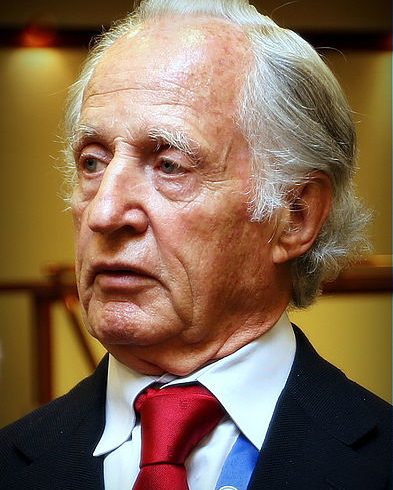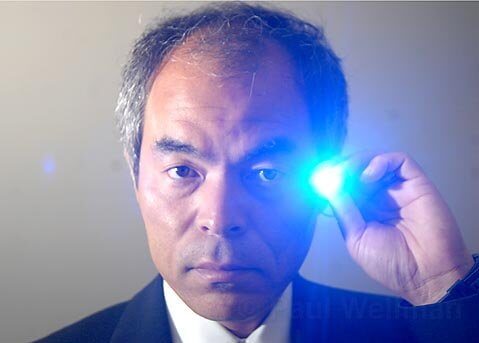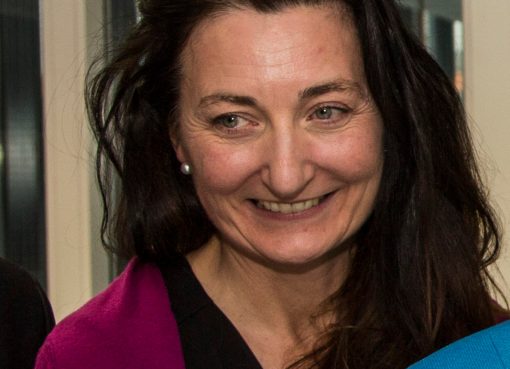Mario Renato Capecchi was born on October 6, 1937, in Verona, Italy. His early years were marked by hardship. His father, an Italian pilot, was killed during World War II, and his mother, a political activist, was imprisoned in a Nazi concentration camp. As a result, Capecchi spent several years as a homeless child on the streets of Italy. After the war, his mother, having survived the camp, reunited with Capecchi and moved to the United States.
In America, Capecchi’s academic potential flourished. He attended Antioch College in Ohio, where he earned a Bachelor of Science in Chemistry and Physics in 1961. He went on to pursue graduate studies at Harvard University under the mentorship of James D. Watson, one of the co-discoverers of the DNA double helix. Capecchi earned his Ph.D. in biophysics in 1967.
Capecchi is best known for his groundbreaking work in genetics, specifically the development of gene targeting in mice using embryonic stem cells. After completing his doctorate, he continued research at Harvard until he joined the University of Utah in 1973, where he spent the majority of his career.
In the 1980s, Capecchi pioneered techniques for modifying specific genes in mice, allowing researchers to ‘knock out’ genes to study their functions. His method, now known as gene targeting, revolutionized the study of genetics and the understanding of diseases. It provided an essential tool for creating animal models to study human conditions including cancer, neurological disorders, and heart disease.
For his contributions, Capecchi shared the 2007 Nobel Prize in Physiology or Medicine with Sir Martin Evans and Oliver Smithies. The trio was recognized for their discoveries of principles for introducing specific gene modifications in mice by the use of embryonic stem cells. This achievement has had a lasting impact on biomedical research and therapeutics. Capecchi has received numerous other honours, including election to the National Academy of Sciences, the Albert Lasker Award for Basic Medical Research, and the Kyoto Prize in Basic Sciences.
Despite his challenging early life, Capecchi emerged as one of the most influential scientists of his generation. He has often credited his resilience and creativity to the resourcefulness during his childhood. Beyond his scientific work, Capecchi is known for his humility and dedication to mentoring the next generation of scientists. Capecchi’s work not only advanced genetic science but also inspired new treatments for genetic disorders, demonstrating the profound potential of molecular biology to improve human health. His life story is a testament to perseverance and the transformative power of education and scientific inquiry.
N.B:- Picture has been taken from this url: –https://commons.wikimedia.org/wiki/File:MarioCapecchiFotoThalerTamas2.JPG




